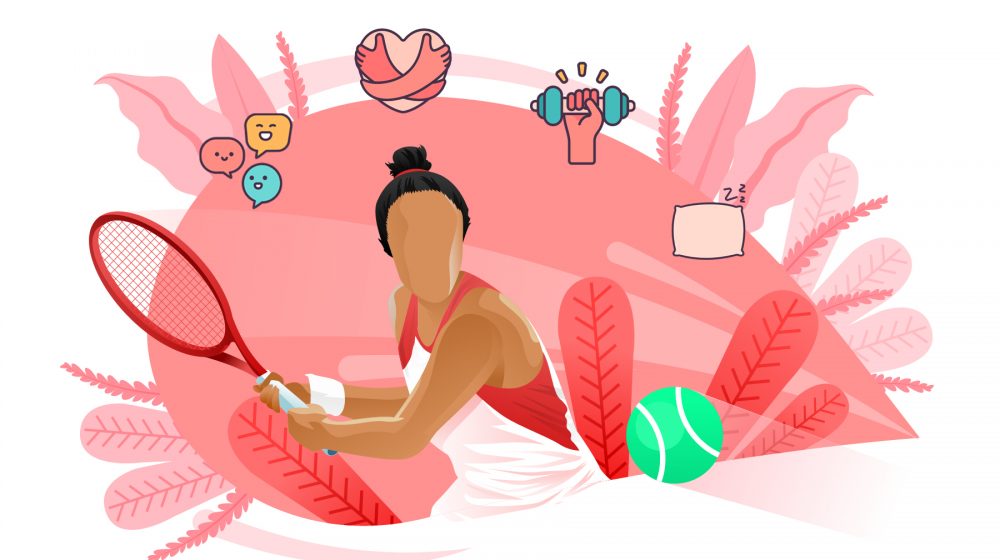Published on July 21, 2021
If you have school-aged children, you are likely aware that Personal Development, Health and Physical Education (PDHPE) is a compulsory school subject. However, you may not realise that NSW schools are mandated to provide secondary students with 150 minutes of planned and organised physical activity and sport each week.
Like any subject, PDHPE may not be for everyone. However, when we consider the enormous amount of research and science that evidences the positive benefits of physical activity, together with the understanding that those benefits reach beyond students just being ‘good at sport’, it’s clear why it’s a focus for young people.

The benefits on our bodies of engaging in physical activity and sport are well-documented and include:
- increased memory and brain function;
- protection from disease;
- support of healthy body function and weight;
- improved sleep, and
- reduced stress and anxiety.
And, while the physical benefits of sport are far-reaching, so too are the interpersonal and social benefits like learning to interact with others, cooperating as part of a team, and collaborating and working towards an individual or shared goal—all essential life skills.
Sport makes us physically stronger. But, being physically strong is only part of what keeps us healthy. Because being mentally strong is equally as important.
Let’s talk about tennis for a moment.
Ashleigh Barty is an outstanding female athlete and proud Indigenous Australian who has just achieved incredible success at the highest level – crowned the 2021 Ladies’ Singles Wimbledon Champion.
Ash has an extraordinary history in the sport and from a young age led a public sporting life in both tennis and, for a short while, in Big Bash cricket. She is an incredibly hard worker and has overcome injury, setbacks and the occasional naysayer while displaying humility and positivity. She is a proud advocate for her sport, her culture, and herself.
Ash embodies the essential characteristics of an athlete who is both physically and mentally strong. Of course, she is in a somewhat unique position to have been able to make her sporting talent her career, but she understands that staying at the top of her game requires a focus on both her physical strength and her mental stamina. That’s why in 2018, she engaged a mental strength coach to get her through some of her most brutal matches and gruelling training programs.
You don’t need to be the world’s number one tennis player or engage a mental strength coach to work on one’s mental stamina because mental strength is vital for all humans – not only elite athletes.
It’s the final stages of a game, match, exam, assessment task, or project where we can lose focus, take our eye off the ball. Maintaining our ability to stay focused on the task and not on the ‘pain’ is essential for success in any endeavour – at school and beyond.
Mental strength training
‘Grit’ comes in many forms, not just through sport. We can train our ‘mind muscle’ to become more resilient and sustain the tougher times through the small things we do each day. For example, thinking more positively about ourselves and focusing our energy on the things that nourish us and give us fulfilment and satisfaction – not on the fleeting approvals of others. We can plan for setbacks without dwelling on failure, and we can be consistent in working towards our goals and aspirations – no matter how big or small. If you look at Ash’s career – the ups and the down’s – she sets a fine example for all of us in this regard.
It goes without saying that finding time for physical activity, prioritising sleep, and engaging in genuinely relaxing activities will also support mental and physical strength.
So, perhaps it’s time to revaluate how we are going and start to think more about what we can do to stay fit – both physically and mentally.

